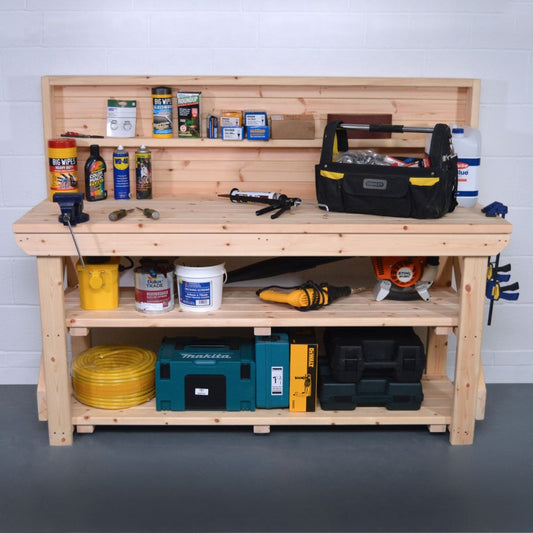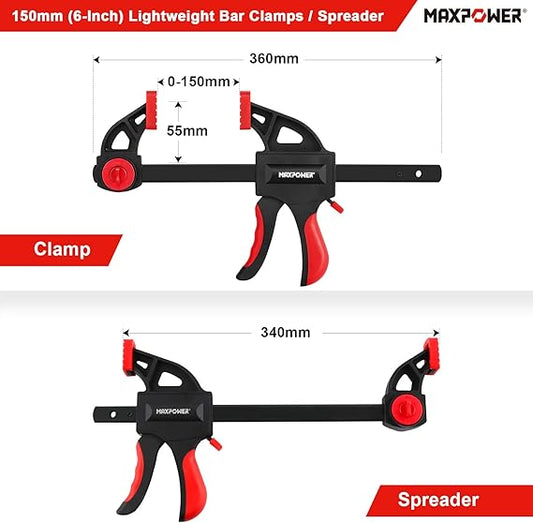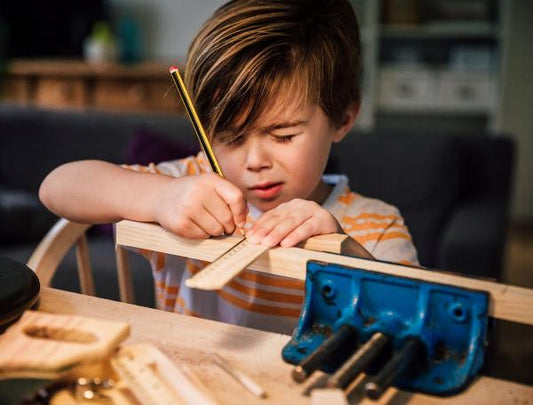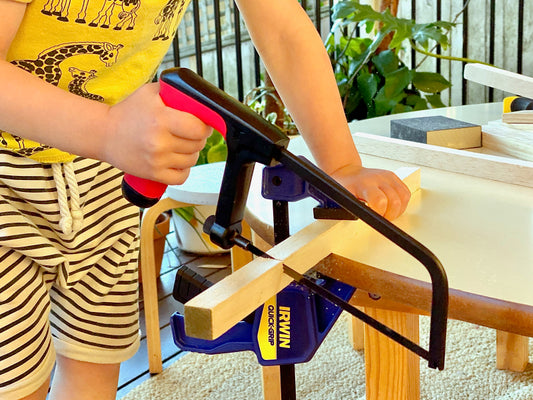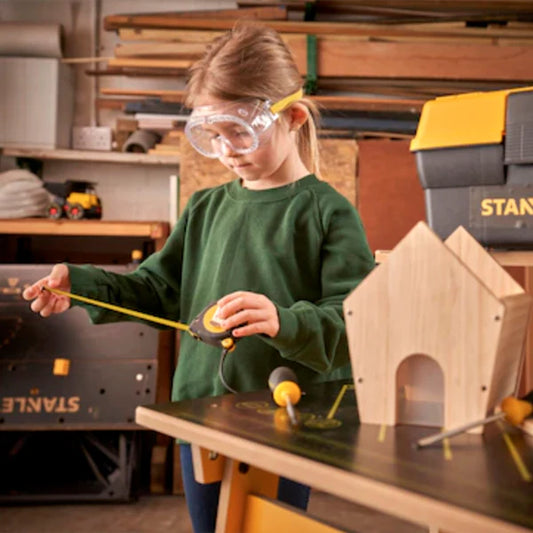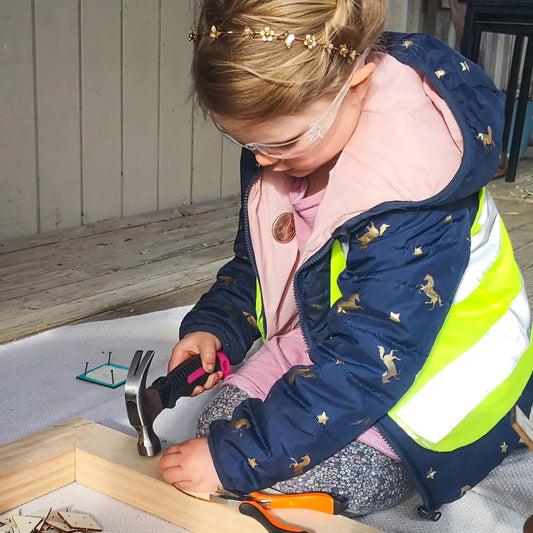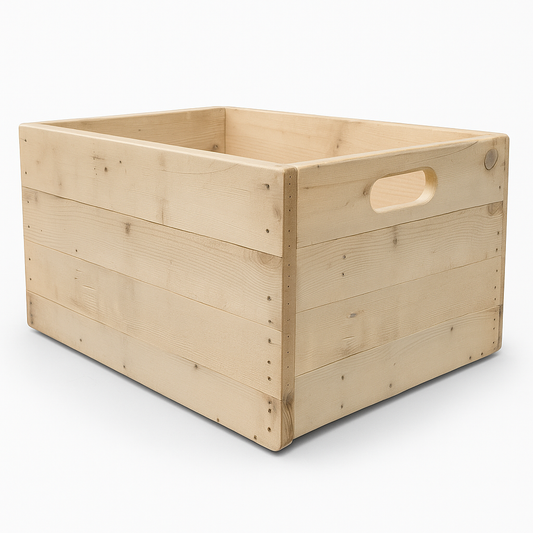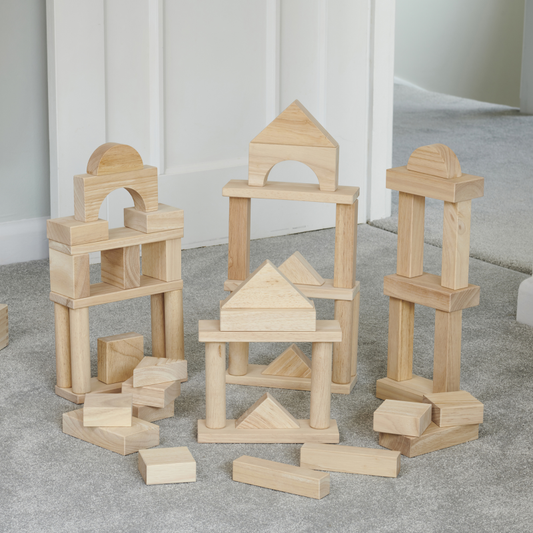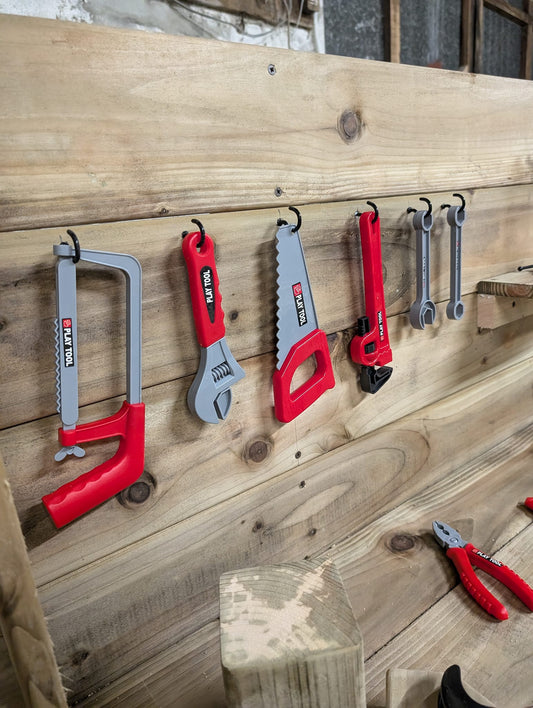Collection: Early Years Woodworking tools & Benches
Woodworking Tools for Early Years
Introducing woodworking in early years settings provides children with meaningful opportunities to explore real tools in a safe, structured, and purposeful way. Using child-appropriate woodworking tools supports a wide range of EYFS learning outcomes.
-
Hammers – lightweight hammers allow children to practise controlled movements when tapping nails, supporting Physical Development (fine and gross motor skills, coordination, and strength).
-
Hand saws – small saws for cutting soft wood encourage problem-solving and perseverance, contributing to Understanding the World and Characteristics of Effective Learning (thinking critically, finding ways to do things).
-
Clamps and vices – used to hold materials steady, these foster an understanding of safety and process, supporting Personal, Social and Emotional Development (risk management, independence, responsibility).
-
Screwdrivers – with chunky handles, these tools build precision and control, further strengthening Physical Development (dexterity, hand–eye coordination).
-
Hand drills – simple manual drills encourage children to plan, persist, and refine their work, supporting Expressive Arts and Design (creating and making) as well as Mathematics (exploring shape, space, and measure).
-
Sandpaper and sanding blocks – for smoothing surfaces, these promote attention to detail and pride in finishing, linking to Expressive Arts and Design and Personal Development (self-confidence, care, and respect for resources).
Through woodworking, children engage in holistic learning: they express ideas creatively, develop resilience through trial and error, and experience the satisfaction of turning raw materials into purposeful creations.




